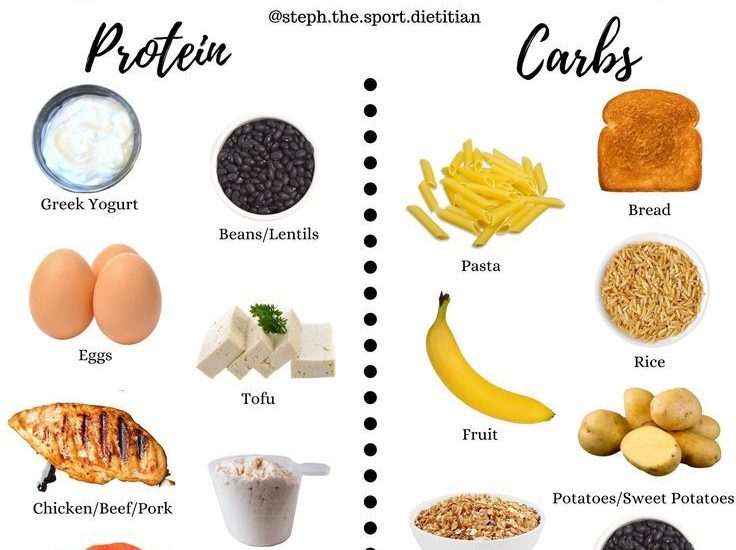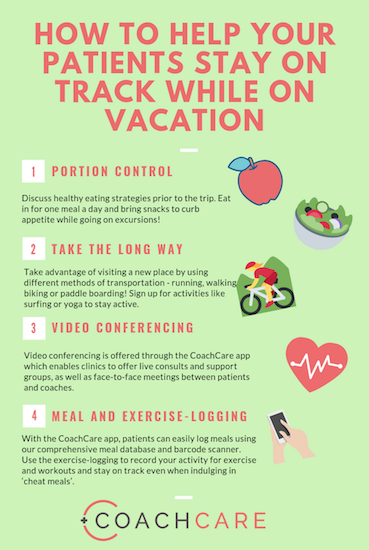Weight Loss Meal Plans That Actually Work
When it comes to losing weight, many people turn to fad diets and quick fixes that promise rapid results. However, the key to sustainable and long-term weight loss lies in adopting healthy eating habits and following a well-balanced meal plan. In this article, we will explore some effective weight loss meal plans that actually work and can help you achieve your goals.
1. Mediterranean Diet
The Mediterranean diet is a popular and well-researched meal plan that emphasizes whole foods, lean proteins, healthy fats, and plenty of fruits and vegetables. This diet is not only effective for weight loss but also offers numerous health benefits, including reduced risk of heart disease and improved mood.
Some key components of the Mediterranean diet include:
Consuming plenty of fruits, vegetables, whole grains, and legumes
Eating fish and poultry in moderation
Using olive oil as the primary source of fat
Limited intake of red meat and processed foods
2. Plant-Based Diet
A plant-based diet focuses on consuming primarily fruits, vegetables, whole grains, nuts, and seeds while minimizing or eliminating animal products. This diet is rich in fiber, vitamins, and minerals and can help you feel full and satisfied while reducing your calorie intake.
Some benefits of a plant-based diet for weight loss include:
Lower calorie intake without feeling hungry
Reduced risk of chronic diseases like heart disease and diabetes
Promotion of healthy gut bacteria and digestion
3. Low-Carb Diet
A low-carb diet restricts the intake of carbohydrates, such as bread, pasta, and sugary foods, in favor of protein and healthy fats. This diet can help regulate blood sugar levels, increase satiety, and promote fat burning, making it an effective option for weight loss.
Some popular low-carb diets include the ketogenic diet and the Atkins diet, which have been shown to produce significant weight loss results when followed properly.
4. Intermittent Fasting
Intermittent fasting is not a traditional meal plan but rather an eating pattern that alternates between periods of fasting and eating. This approach can help control calorie intake, improve metabolism, and promote fat loss by allowing the body to enter a state of ketosis.
There are several ways to practice intermittent fasting, including the 16/8 method, where you fast for 16 hours and eat within an 8-hour window, or the 5:2 method, where you eat normally for five days and restrict calories for two days.
5. Meal Prep and Portion Control
Regardless of the specific meal plan you choose, practicing meal prep and portion control is essential for successful weight loss. By planning and preparing your meals in advance, you can avoid impulsive food choices and ensure that you are consuming the right amount of nutrients and calories.
Using tools like food scales and measuring cups can help you control portion sizes and prevent overeating, while also teaching you about proper serving sizes and nutrition guidelines.
Conclusion
When it comes to weight loss, there is no one-size-fits-all solution. However, by following a well-balanced meal plan that incorporates whole foods, lean proteins, and healthy fats, you can achieve your goals in a sustainable and healthy way. Whether you choose to follow the Mediterranean diet, plant-based diet, low-carb diet, intermittent fasting, or a combination of these approaches, the key is to find a plan that works for you and fits your lifestyle. Remember to listen to your body, stay consistent, and seek support from a healthcare professional or nutritionist if needed. With dedication and perseverance, you can reach your weight loss goals and improve your overall health and well-being.


